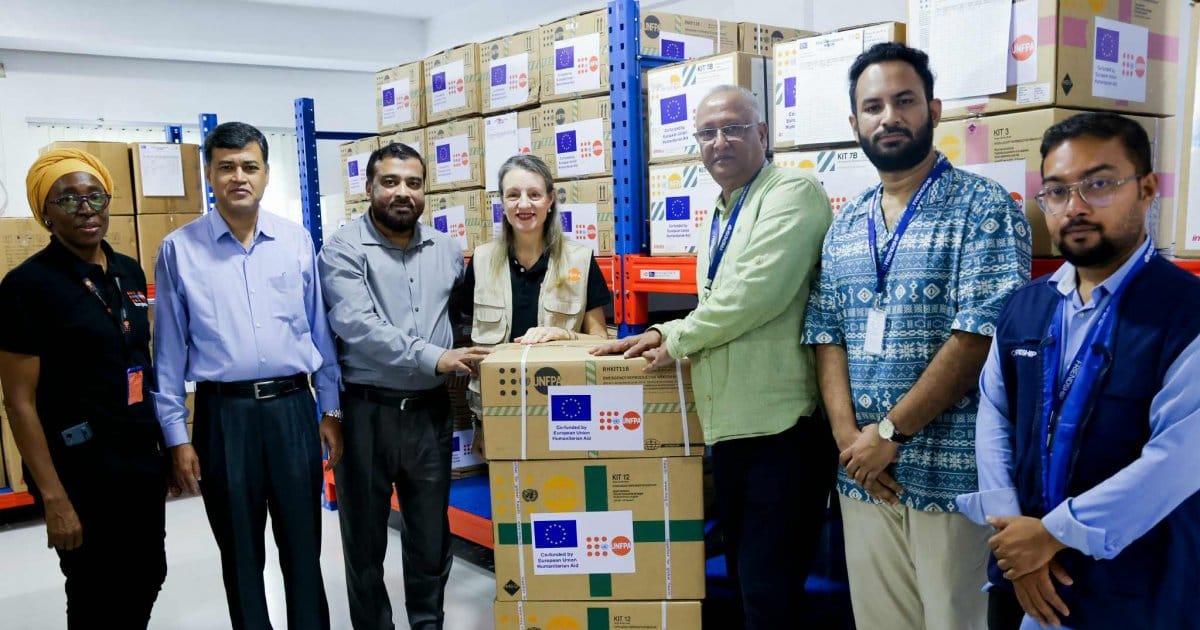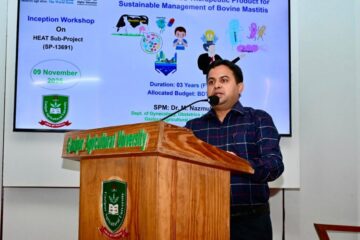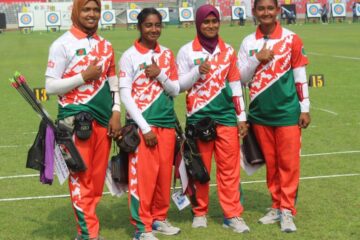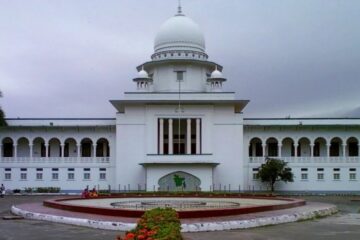The United Nations Population Fund (UNFPA), with generous funding from the European Union Humanitarian Aid, on Wednesday delivered a new batch of essential medical supplies and equipment to prevent maternal and newborn deaths in the Rohingya refugee camps and host communities.
The first batch of essential commodities, handed over by UNFPA Representative Catherine Breen Kamkong and representatives from the Government of Bangladesh, directly addresses the critical need for emergency obstetric care.
In 2024, 46 maternal deaths were recorded in the camps, with an average of 3 to 5 mothers still dying each month from pregnancy-related complications, despite a 45% reduction in maternal deaths since 2021.
These vital supplies were provided to Friendship Field Hospital, the main referral hub for pregnancy-related emergencies for all 33 refugee camps, which serves approximately 6,000 patients monthly.
The delivery included specialized blood transfusion kits and other essential supplies for a hospital with the capacity to serve 150,000 people.
The kits will be used to perform caesarean sections, other obstetric surgical interventions, and to resuscitate mothers and babies, directly preventing maternal and newborn deaths.
This delivery forms a key component of a larger 12-month project to which the European Union has contributed €1 million.
The overall project aims to strengthen the entire reproductive health supply chain, ensuring uninterrupted access to essential commodities for nearly 1,80,000 Rohingya refugees and host community members.
“No woman should die giving life,” said Catherine Breen Kamkong, UNFPA Representative in Bangladesh, adding: “This partnership between the European Union and UNFPA is a critical step towards ensuring that every mother and newborn in the Rohingya camps has access to the lifesaving care they deserve. These supplies will equip frontline health workers to save lives that would otherwise be lost.”
The support is crucial in addressing the leading causes of maternal mortality in the camps, including postpartum haemorrhage, infections, obstructed labour, and complications from high blood pressure (preeclampsia and eclampsia). Ensuring a consistent supply of these commodities is fundamental to preventing such tragedies.
“Safe childbirth is a privilege, it is a basic human right,” said Davide Zappa, head of EU Humanitarian Aid in Bangladesh, adding: “Timely access to emergency obstetric care, supported by a reliable supply chain of essential medical supplies and equipment, is critical to reducing maternal mortality. The European Union is proud to stand with UNFPA and the Government of Bangladesh in reinforcing the health system’s capacity to respond to life-threatening pregnancy complications. Every life saved through this effort is a testament to what partnership and solidarity can achieve.”
The kits are first in the set of emergency reproductive health supplies procured with the support of the EU. This initiative is part of a broader UNFPA effort to enhance facility preparedness for implementing the Minimum Initial Service Package (MISP) for reproductive health during emergencies across the response in Cox’s Bazar and Bhasan Char, serving over 3,00,000 women of reproductive age.



